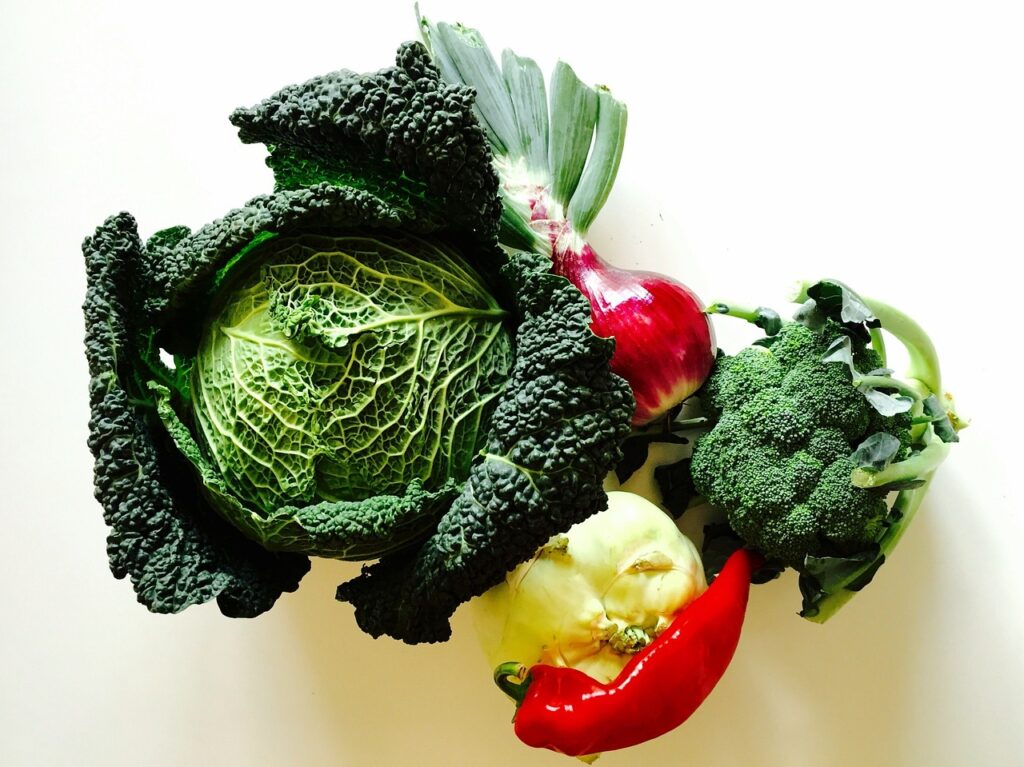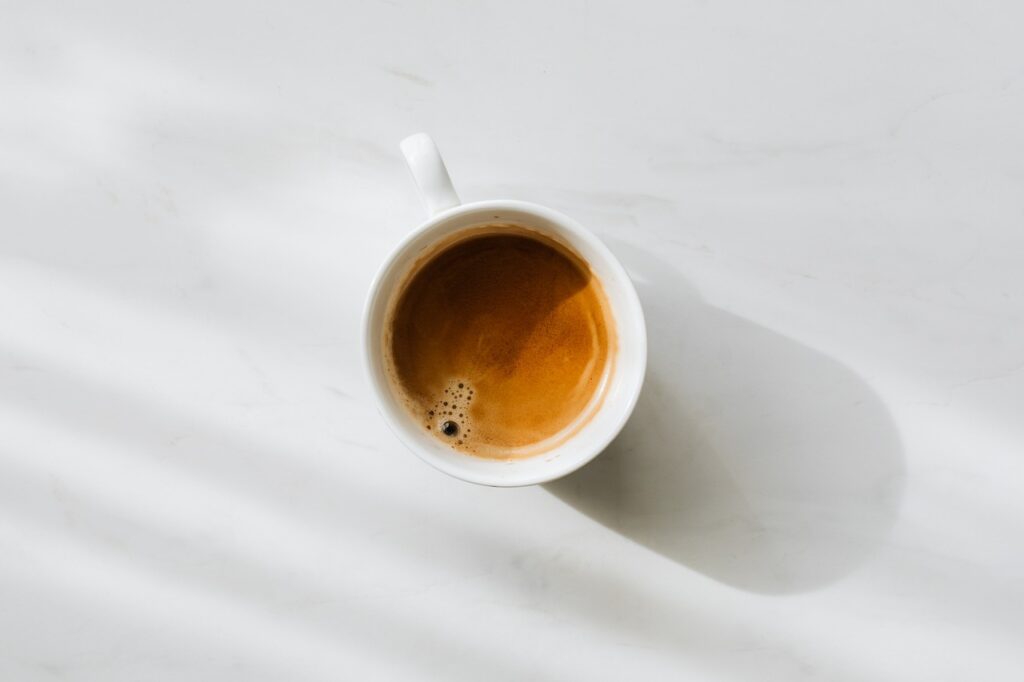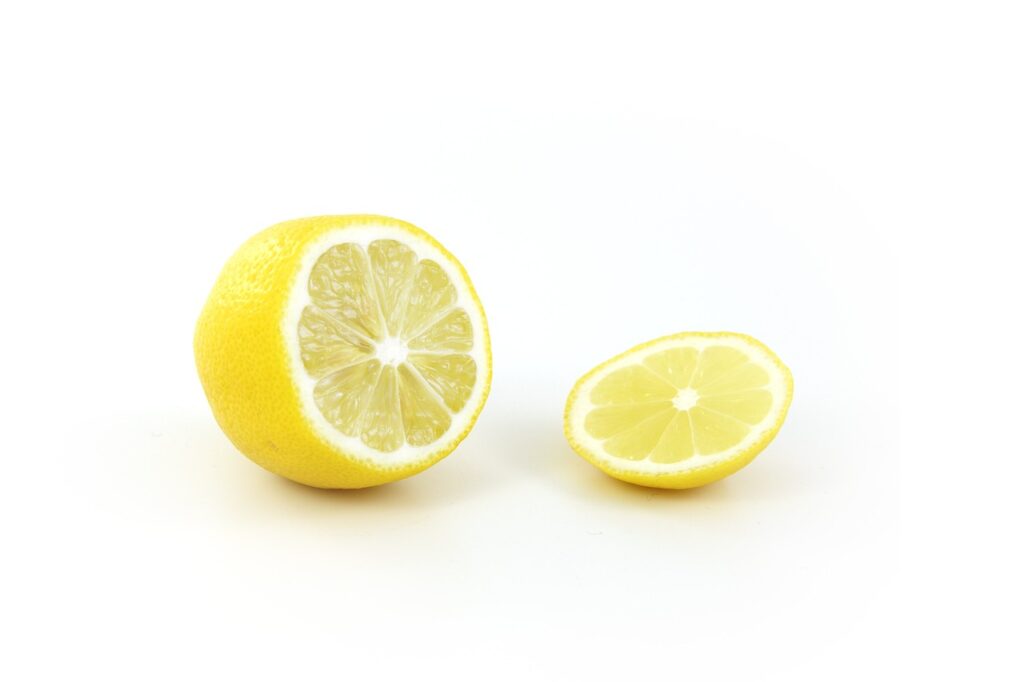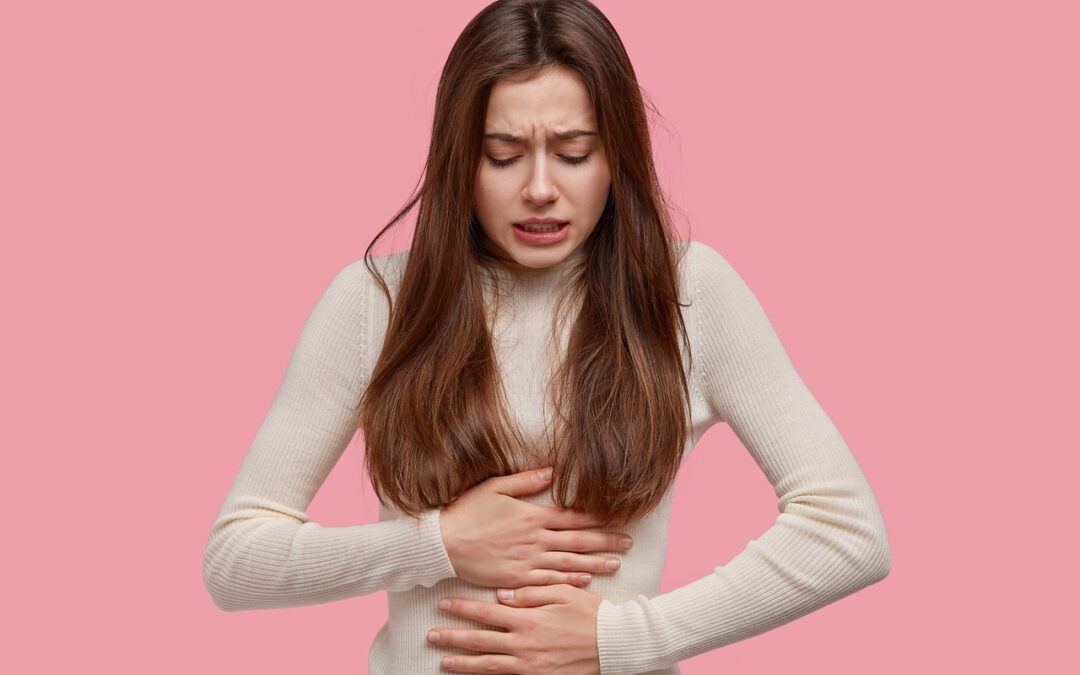Bloating is a common and often uncomfortable condition that affects many individuals at some point in their lives. It involves a feeling of fullness and tightness in the abdomen, often accompanied by visible swelling. There are many causes of bloating & the discomfort that comes with it.
Understanding he biological mechanisms behind it and addressing common questions related to what can exacerbate or alleviate bloating [including the use of apple cider vinegar, coffee, and various teas] just might be the information you need for bloating relief & for achieving a flatter stomach.
JUMP TO…
What Causes Bloating?
The Biological Mechanisms of Bloating
Does Apple Cider Vinegar Help with Bloating?
Does Coffee Make You Bloated?
Does Ovulation Cause Bloating?
What Tea Helps with Bloating?
Will Probiotics Help with Bloating?
Does Green Tea Help with Bloating?
Does Lemon Water Help with Bloating?
What Causes Bloating?
Dietary Choices:

The foods and drinks we consume are primary contributors to bloating. Foods high in fiber, such as beans, lentils, broccoli, cabbage, and Brussels sprouts, can produce gas during digestion. Carbonated beverages like soda and sparkling water introduce excess air into the digestive tract, leading to bloating.
Food Intolerances:
Lactose intolerance, gluten intolerance (celiac disease), and other food sensitivities can cause bloating. When the body struggles to digest certain foods, it results in gas production and bloating.
Overeating:
Consuming large meals can overwhelm the digestive system, causing it to slow down and result in bloating. Eating too quickly can also lead to swallowing air, contributing to this discomfort.
Hormonal Changes:
Hormones play a significant role in bloating. For instance, does ovulation cause bloating? Yes, it can. During ovulation and other phases of the menstrual cycle, hormonal fluctuations can cause water retention and bloating.
Digestive Disorders:
Conditions like irritable bowel syndrome (IBS), inflammatory bowel disease (IBD), and gastroesophageal reflux disease (GERD) are often associated with chronic bloating.
The Biological Mechanisms of Bloating
Biologically, bloating occurs when there is an excess accumulation of gas in the intestines or when the digestive tract holds too much air or fluid.
Here’s what happens in the body:
- Gas Production: The digestive process involves breaking down food into smaller, absorbable components. During this process, especially with the fermentation of certain carbohydrates, gases like carbon dioxide, methane, and hydrogen are produced. These gases can accumulate in the intestines, leading to bloating.
- Swallowing Air: Activities such as eating too quickly, drinking through a straw, chewing gum, or smoking can cause a person to swallow excess air, which then gets trapped in the digestive tract.
- Fluid Retention: Hormonal changes, especially those related to the menstrual cycle, can cause the body to retain fluid. This can lead to a feeling of fullness and bloating.
- Gut Microbiota: The balance of bacteria in the gut plays a crucial role in digestion. An imbalance, often referred to as dysbiosis, can lead to improper digestion and gas production, contributing to bloating.
Common Questions About Bloating:
Does Apple Cider Vinegar Help with Bloating?
Apple cider vinegar (ACV) is often touted as a remedy for bloating. It is believed to aid digestion by increasing stomach acid production, which can help break down food more efficiently.
Additionally, ACV has probiotic properties that can promote a healthy gut microbiota balance. While some people find relief with ACV, scientific evidence is limited, and its effects can vary from person to person.
*It’s important to dilute ACV before consumption to avoid potential damage to tooth enamel and the digestive tract.
Does Coffee Make You Bloated?

Coffee can indeed make some people feel bloated.
It stimulates the release of gastrin, a hormone that increases gastric acid production, which can lead to digestive discomfort in sensitive individuals. Additionally, coffee is a diuretic, which means it can lead to dehydration and subsequent water retention, contributing to bloating.
However, for many people, moderate coffee consumption does not cause bloating. If you’re wondering, can coffee cause bloating? The answer is yes, but it largely depends on individual tolerance.
Does Ovulation Cause Bloating?
Yes, ovulation can cause bloating. The hormonal changes that occur during the menstrual cycle, particularly the surge in luteinizing hormone (LH) and subsequent increase in progesterone, can lead to water retention and bloating.
This type of bloating is typically temporary and resolves after ovulation or the onset of menstruation.
What Tea Helps with Bloating?
Several types of tea are known to help with bloating due to their digestive properties:
- Peppermint Tea: Contains menthol, which has antispasmodic effects that can relax the digestive tract muscles and reduce bloating.
- Ginger Tea: Known for its anti-inflammatory properties, ginger can help speed up stomach emptying and reduce gas.
- Chamomile Tea: Has anti-inflammatory and antispasmodic properties that can help soothe the digestive tract and reduce bloating.
- Fennel Tea: Contains compounds that relax the gastrointestinal tract muscles and can help expel gas.
Will Probiotics Help with Bloating?
Probiotics can help with bloating by restoring the balance of good bacteria in the gut.
A healthy gut microbiota can improve digestion and reduce the production of gas, which can alleviate bloating.
Probiotics are found in fermented foods like yogurt, kefir, sauerkraut, and supplements. However, the effectiveness of probiotics can vary depending on the strain and individual gut health.
Does Green Tea Help with Bloating?
Green tea can help with bloating due to its antioxidant properties and ability to promote digestion.
It contains catechins, which can help stimulate the digestive system and reduce gas. Additionally, green tea has diuretic properties that can help reduce water retention and bloating.
For many people, incorporating green tea into their daily routine can provide relief from bloating.
Does Lemon Water Help with Bloating?

Lemon water is often recommended as a natural remedy for bloating.
The acidity of lemon juice can stimulate the production of digestive enzymes and bile, which can aid in digestion and reduce bloating.
Additionally, lemon water can help with hydration, which is essential for maintaining a healthy digestive system. Drinking lemon water, especially in the morning, can help kickstart the digestive process and reduce bloating throughout the day.
Conclusion
Bloating is a multifaceted issue with various causes, including dietary choices, food intolerances, hormonal changes, and digestive disorders.
Understanding the biological mechanisms behind bloating can help in identifying effective solutions.
While remedies like apple cider vinegar, specific teas, probiotics, and lemon water can provide relief for some individuals, it’s essential to consider personal tolerance and consult with a healthcare professional for persistent or severe bloating. By making mindful dietary and lifestyle choices, many people can manage and reduce the discomfort associated with bloating.

